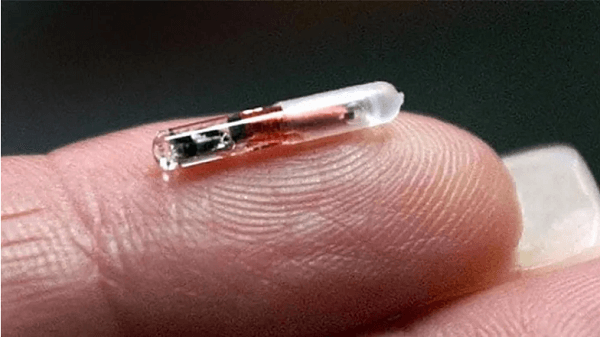
The state of Michigan has introduced a bill to prevent employers from forcing their employees to accept microchip implants. The prospect of a company requiring employees to accept the implantation of a microchip monitoring under their skin, it could be a good idea if it was a movie script, which is not the case with the current reality. However, given that the scenario will be adopted in the future by this tactic businesses It sounds like more and more, the state of Michigan is trying with this bill to stop as early as possible practices, before they gain ground.
The fusion of technology and human physiology for the sake of evolution or biohacking is a trend that has intensified in recent years. While the term "biohacking" can refer to safe ways improvement of physical or mental well-being of individuals, it is not unlikely to be used to describe implants that monitor people's vital signs, chemical injections, advanced hearing aids and bionic eye implants. In relation to biohacks, its founder Tesla, Elon Musk, had previously stated that the human race must become "cyborg" to enhance its physical possibilities and keep up with its future world artificial intelligence AI. However, adoption RFID Chips, which will be monitored by workers, including their productivity, are a major and growing concern.
According to ABC News, the bill, which was passed a few days ago and is expected to be considered by the State Senate and possibly approved, prevents employers from forcing their employees to accept microchip implants. These chips, which are about the size of a grain of rice, are based on radio frequency recognition (RFID) technology, and once inserted into the skin between the thumb and forefinger, they can replace mobile applications and services used by humans. . In the workplace, this could be the case for identity checks, security checks, payments and access checks on a building. However, there are concerns that transferring these applications from one device to another's skin could jeopardize and violate human rights and freedoms, such as confidentiality, both inside and outside the office.

Ο “Microchip Protection Act”The House of Bill 5672, backed by Michigan-based Bronna Kahle, an American politician and member of the House of Representatives, said it was important for Michigan labor providers to balance the company's interests with expectations. to protect their privacy. Kahle also said that the microchip scenario has been repeatedly discussed, as companies not only in Michigan but also in the rest USA looking for effective ways to increase the efficiency of their employees. He also added that as these microscopes increase Appliances, so do the calls for workers to protect themselves confidentiality their. While a trend that has not been widespread so far, Kahle stressed that many companies may consider microchip implantation in their employees in the near future.
Source: secnews.gr



